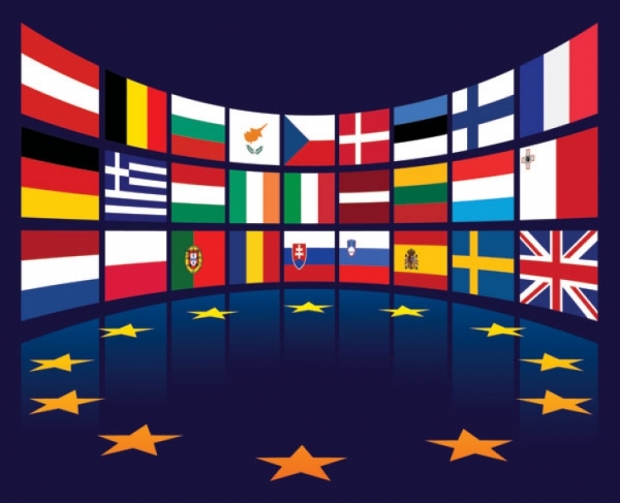The EU rules currently only apply to telecoms provider and many of the carriers claim this is unfair.
Orange said that unlike telcos, web-based operations are global players that are allowed to commercially exploit the traffic data and the location data they collect.
Now it seems that the European Commission document wants to extend some of the rules to web companies offering calls and messages over the Internet and make it a little more fair.
Under the existing "ePrivacy Directive", telecoms operators have to protect users' communications and ensure the security of their networks and may not keep customers' location and traffic data.
However, the web based companies are concerned that the moves will stuff up their encryptian systems. The EU rules for telcos allow national governments to restrict the right to confidentiality for national security and law enforcement purposes.
Many tech companies such as Facebook and Google already offer end-to-end encryption on their messaging and email services and they are worried that the new rules will allow governments to demand backdoors..
Facebook, which uses full-scale encryption on WhatsApp, said in its response to the Commission's public consultation that extending the rules to online messaging services would mean they could in effect "no longer be able to guarantee the security and confidentiality of the communication through encryption" because governments would have the option of restricting the confidentiality right for national security purposes.
"Therefore, any expansion of the current ePD (ePrivacy Directive) should not have the undesired consequence of undermining the very privacy it is seeking to protect," the company said.
It is not clear if that is what the Commission wants and might just be a clever bit fo spin from the tech companies. Vice-President Andrus Ansip has spoken out in the past in favor of encryption and the document said that the exact confidentiality obligations for web firms would still have to be defined.
The Commission could also force the companies to allow their users to take a copy of their content, for example emails, with them when they switch providers, according to the document.
The EU executive will propose a reform of the ePrivacy rules later this year, while a broader overhaul of the EU's telecoms rules will come in September.




